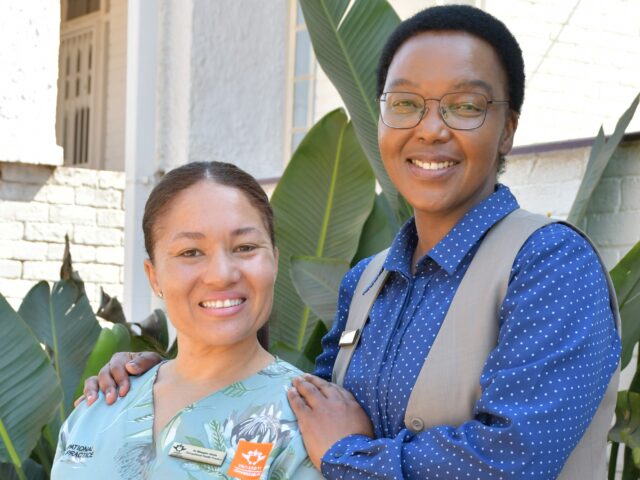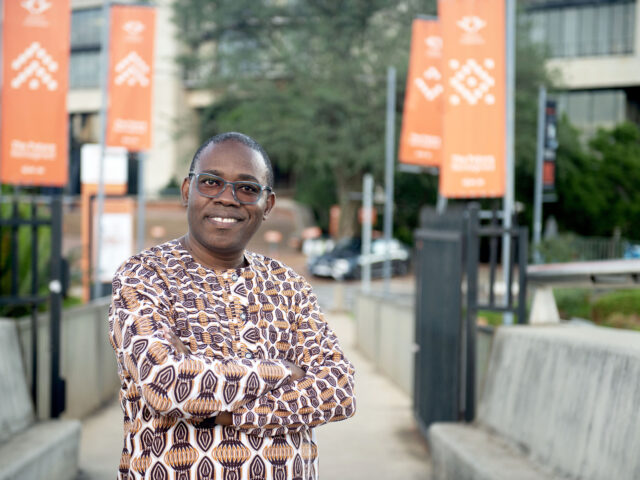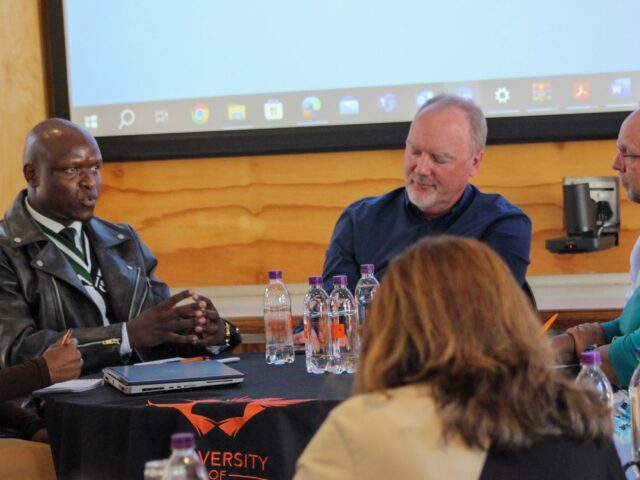Winners announced for the 2022 UJ Prize for Creative Writing and Literary Translation
Date: July 21, 2022 | Faculties, Faculty of Humanities, News
The University of Johannesburg (UJ) is pleased to announce the winners of the following three newly instated prizes: UJ Prize for Creative Writing in isiZulu, UJ Prize for Creative Writing in Sesotho sa Leboa, and the UJ Prize for Literary Translation.
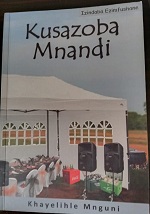
Ntombenhle Protasia Dlamini and Khanyelihle Mnguni have been named joint winners of UJ’s main prize for creative writing in isiZulu in 2022, with a monetary value of R70 000.00 – Dlamini for her work Zinoju Zulu and Mnguni for Kusazoba Mnandi.
The anthology Zinoju Zulu by NP Dlamini consists of 60 poems in isiZulu written in a rich poetic language. Various themes are examined, including those related to education, caution, tradition, and modernity.
One of the adjudicators commented that Mnguni’s collection, Kusazoba Mnandi, “contains 16 short stories dealing with different themes presented in relation to social life, aeroplanes, witnesses, COVID-19, lesbianism, killing of taxi owners and fights amongst the politicians.”
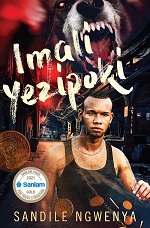
Sandile Ngwenya, is the winner of the 2022 Debut Prize for Creative Writing in isiZulu, with a monetary value of R35 000.00, for Imali Yezipoki.
This debut novel for young adults is the story of Sgegede who digs up his late grandfather’s buried treasure of Kruger rands and converts it into cash, thus unlocking a series of events. The novel is described as “African magical realism and a rural-urban thriller” (Clarke’s Bookshop, Cape Town). Ngwenya was also awarded first prize in the 2021 Sanlam Prizes for Youth Literature Competition for Imali Yezipoki.
Ms Nomusa Sibiya from UJ’s Multilingual Language Services Office was the coordinator of the isiZulu prizes. She also served on the panel of adjudicators together with Dr Brenda Bokaba and CW Mthembu.
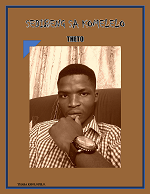
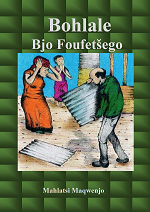
Congratulations to the joint winners of the 2022 Debut Prize for Creative Writing in Sesotho sa Leboa, with a monetary value of R35 000.00, – Kholofelo Thaba for Sedibeng sa Komelelo and Mahlatsi Maqwenjo for Bohlale bjo foufetšego.
The panel praised Thaba’s use of Sesotho sa Leboa as a poetic language that permeates Sedibeng sa Komelelo. The poet successfully uses proverbs, idioms, and other poetic devices to express themes about pandemics, natural disasters, love, and more.
The theme of Maqwenjo’s novel Bohlale bjo foufetšego is summarised in the saying ‘ngwana magana go botšwa o wetše dikomeng…’ equivalent to ‘As you make your bed, so you must lie on it’. In this book, the author uses language, characters, and plot to illustrate how life choices can have different consequences.
Mr Moroamofo Leshilo from UJ’s Multilingual Language Services Office was the coordinator of the Sesotho sa Leboa prize. He also served on the panel of adjudicators together with Ms Nthabi B Malatji and Mr Maropeng Maponya.
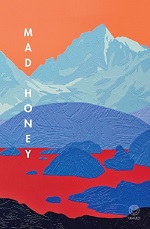
Congratulations goes to SJ Naudé, who was named the winner of the 2022 UJ Prize for Literary Translation, with a monetary value of R50 000.00, for his self-translation of Dol heuning into English from the original Afrikaans.
Panellists addressed the author/translator’s translation and commented specifically on the author’s “total command of the source text and the freedom to adjust that text to the demands and resources of the target language. Thus, in this case, we have at times a meticulously faithful translation, and at times a slightly more adventurous translation.”
In SJ Naudé’s collection of short stories, every line is masterfully crafted, and it is up to a capable translator to do justice to every word. It is part literal translation, but there are certain parts that are translated in a less literal manner and are moved away from the original Afrikaans. In both cases, it enriches the reading experience.
Prof Marné Pienaar acted as the coordinator of the Translation prizes. Together with Prof Pienaar, Ms Corné Johl and Prof Michiel Heyns served on the panel of adjudicators.
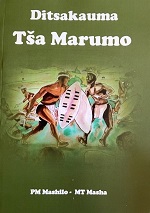
The winner of the 2022 Sesotho sa Leboa main prize, with a monetary value of R70 000.00, is Ditsakauma Tša Marumo by PM Mashilo & MT Masha.
The panel emphasised that other writers should be inspired by the use of Sesotho sa Leboa’s standard form.
Additionally, they recognised that a wide variety of genres are included, such as fairy tales, riddles, proverbs, idioms, poems, and songs, and commended the authors for a well-written work that enriches Sesotho sa Leboa.
- These prizes are administered by the Multilingual Language Services Office (MLSO) of the University of Johannesburg.


